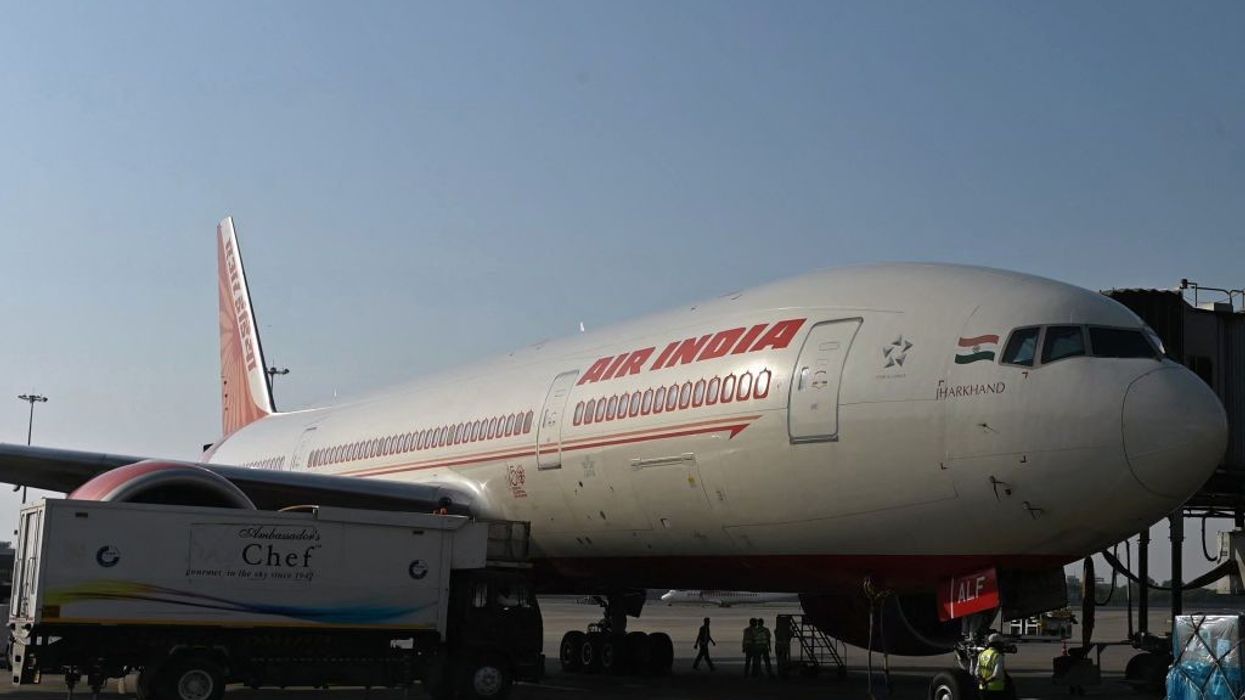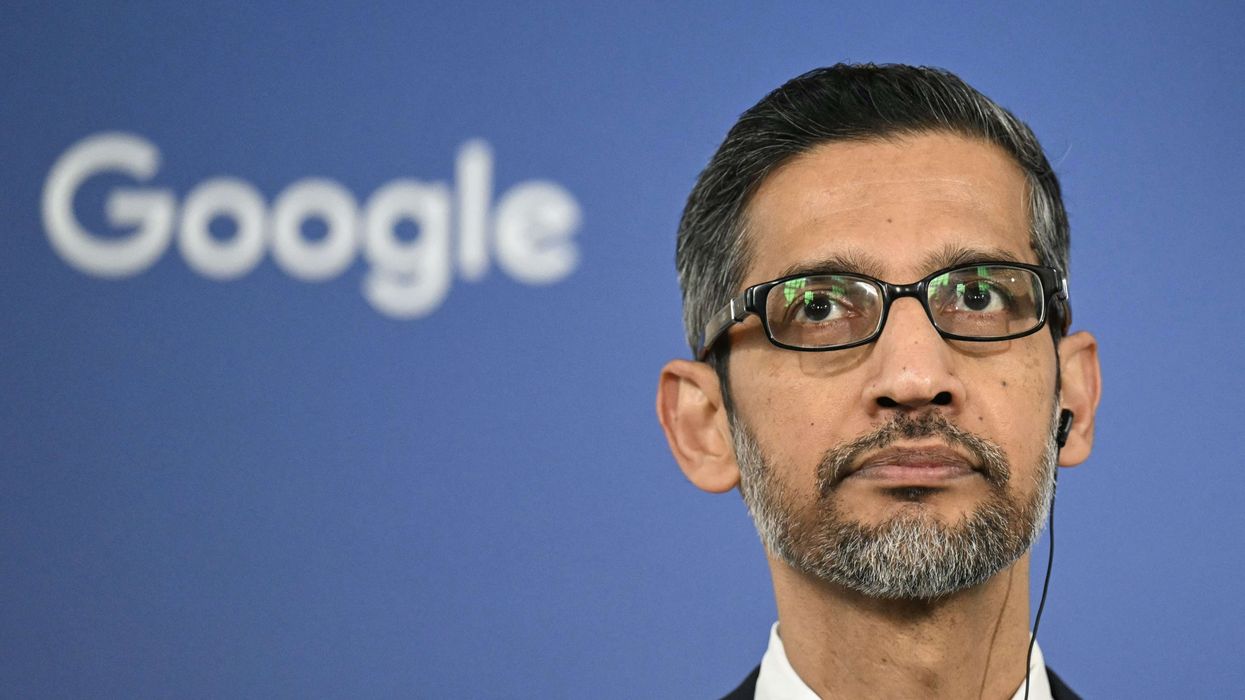INDIA'S antitrust body is scrutinising Air India's planned merger with Vistara and has asked the company why it should not be investigated further over competition concerns, potentially delaying the process, two sources with direct knowledge said.
It is a new challenge for formerly government-owned Air India, which Tata Group took over last year. The Indian airline has ambitious plans to modernise its fleet, operational systems and revenue management.
In a bid to streamline businesses, Tata in November said it was merging its two full-service carriers Air India and Vistara to create a bigger airline that will take on local rivals such as IndiGo and Middle Eastern carriers that dominate outbound traffic from India.
The Competition Commission of India (CCI) has flagged that on some routes and categories - such as business class travel - the merged entity could have a monopoly, said one of the two sources, who declined to be named as the matter is confidential.
The CCI has issued a so-called "show cause" notice to Air India to explain its position, and they have 30 days to respond, the two sources said.
The CCI, Air India and Vistara did not immediately respond to requests for comment.
Vistara is a joint venture between Tata and Singapore Airlines; neither of those companies responded to requests for comment.
To address the CCI's concerns, Air India could make concessions such as giving up certain routes or reducing frequency, the second source said, adding that Air India remains confident the matter can be resolved by recommending certain changes.
Vaibhav Choukse, head of competition law at India's J Sagar Associates, said that if the CCI isn't satisfied with Air India's response or the concessions offered, it could order a "Phase II" review that can take more than three months.
That process, Choukse said, requires "a detailed investigation where the CCI seeks comments and objections from stakeholders", including the public, and could order changes to the merger. Choukse is not involved in the case.
The CCI note comes amid growing concerns within the industry about a duopoly, with a merged Air India-Vistara and IndiGo controlling more than 80 per cent of the domestic market as smaller rivals such as SpiceJet and Go First struggle.
Major airline mergers typically receive scrutiny from big markets in which they operate around the world. In November, Tata and Singapore Airlines said they expected the merger to be completed by March 2024.
Vistara and Air India both fly on international routes such as London and Dubai and would need antitrust clearances in other jurisdictions, the first source said.
Air India is expecting similar queries from foreign countries once it applies for clearance there, but is waiting for the India process to first close, the source added.
(Reuters)
India flags ‘antitrust concerns with Air India, Vistara merger’
The Competition Commission of India has issued a show cause notice to Air India to explain its position













